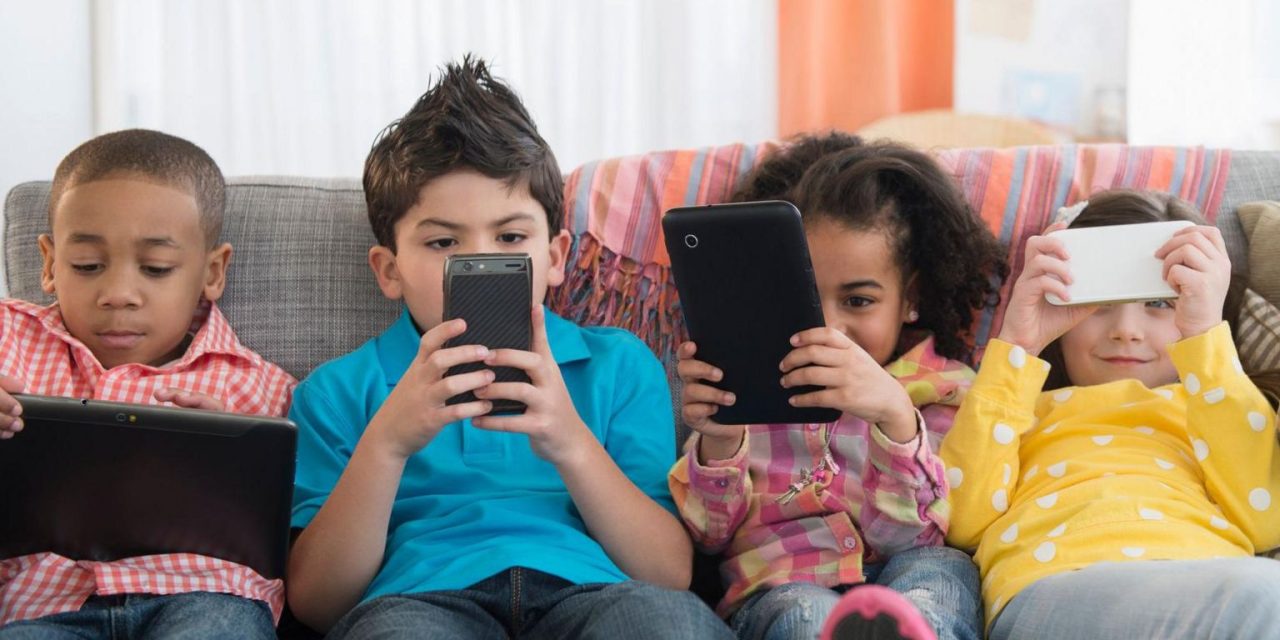Disadvantages of Mobile Phone Use by Children at Night
Disadvantages of Mobile Phone Use by Children at Night

Disadvantages of Mobile Phone Use by Children at Night
Mobile phones have become an integral part of modern life, providing convenience and connectivity. However, their use, especially by children at night, presents a range of disadvantages that can have significant impacts on health, academic performance, and overall well-being. Here are the key issues associated with children using mobile phones at night.
1. Sleep Disruption
One of the most immediate and concerning disadvantages is the impact on sleep. The blue light emitted by mobile screens can interfere with the production of melatonin, the hormone responsible for regulating sleep. This can lead to difficulties in falling asleep, reduced sleep quality, and shorter sleep duration. Over time, poor sleep can result in chronic sleep deprivation, affecting cognitive function, mood, and overall health.
2. Mental Health Issues
Prolonged exposure to screens, particularly before bedtime, has been linked to an increase in anxiety and depression among children. Social media use, cyberbullying, and the constant barrage of information can overwhelm young minds, leading to stress and negative self-esteem. The lack of sleep further exacerbates these mental health issues, creating a vicious cycle of poor mental health and inadequate rest.
3. Academic Performance
Sleep deprivation and mental health issues inevitably affect academic performance. Tired children struggle to concentrate, retain information, and participate in school activities. Their cognitive abilities are impaired, leading to poor grades and a lack of enthusiasm for learning. Furthermore, late-night phone use can directly cut into time that could otherwise be spent on homework and studying.
4. Physical Health Concerns
In addition to affecting mental health, the use of mobile phones at night can lead to physical health problems. Poor posture while using mobile phones can cause musculoskeletal issues such as neck and back pain. The sedentary nature of screen time also contributes to a lack of physical activity, which is essential for a child's growth and overall health.
5. Exposure to Inappropriate Content
Nighttime use of mobile phones often occurs without parental supervision, increasing the risk of exposure to inappropriate content. This can include violent games, explicit material, and other content not suitable for children. Such exposure can have harmful effects on a child’s development and perception of the world.
6. Addiction and Dependency
Children are particularly susceptible to developing an addiction to mobile phones. The constant need to check notifications, play games, or browse social media can become compulsive. This dependency can disrupt daily routines, interfere with family time, and reduce engagement in other important activities such as outdoor play and hobbies.
7. Impact on Vision
Extended screen time, especially in low light conditions, can strain the eyes and lead to problems such as digital eye strain or computer vision syndrome. Symptoms include headaches, blurred vision, and eye discomfort. Long-term exposure can also contribute to the development of myopia (nearsightedness).
Mitigation Strategies
To mitigate these disadvantages, parents and guardians can take several steps:
- Set Screen Time Limits: Establish clear rules about the duration and timing of mobile phone use, especially before bedtime.
- Create Tech-Free Zones: Encourage areas in the home, such as bedrooms, to be tech-free, particularly during nighttime.
- Promote Healthy Routines: Encourage children to engage in relaxing activities before bed, such as reading a book or practicing mindfulness, to wind down.
- Monitor Content: Use parental controls and monitoring tools to ensure that children are accessing appropriate content.
- Lead by Example: Model healthy mobile phone use by setting an example for children to follow.
In conclusion, while mobile phones offer many benefits, their use by children at night poses significant disadvantages. By understanding and addressing these issues, parents can help safeguard their children’s health and well-being, ensuring a balanced approach to technology use.

